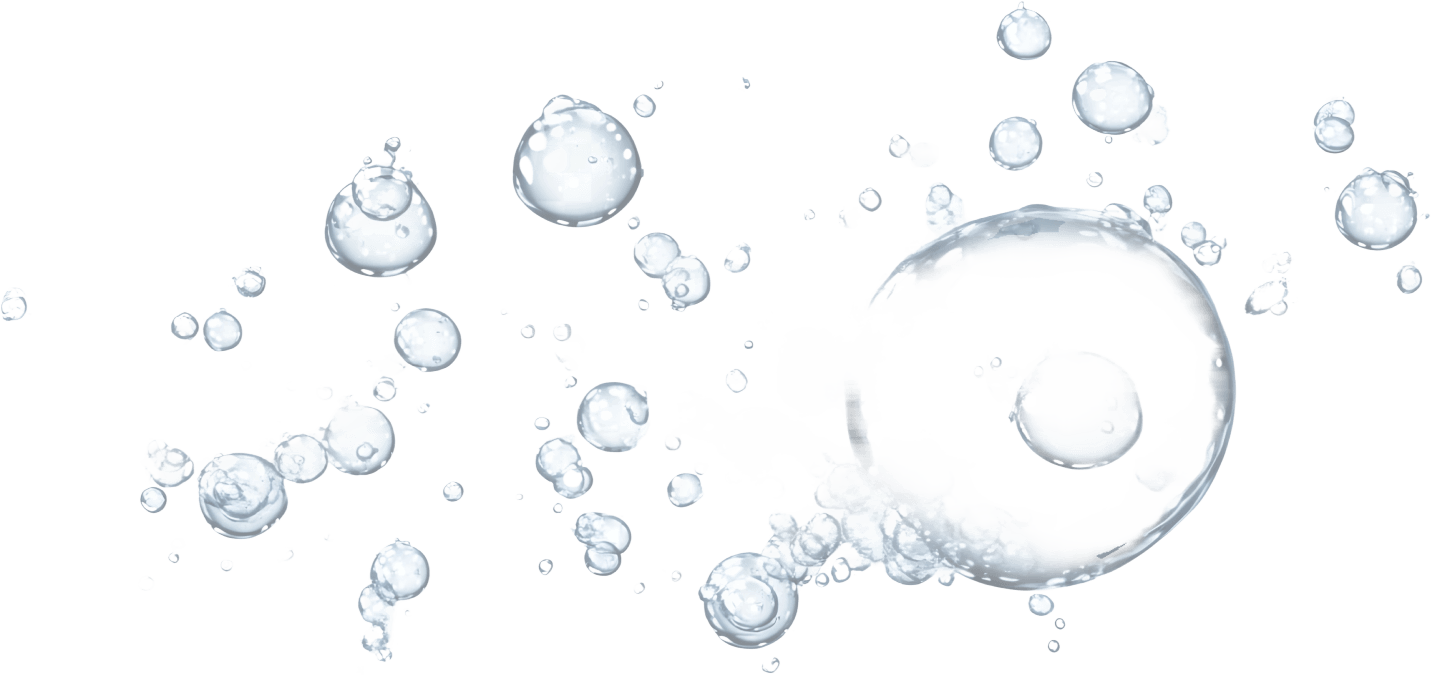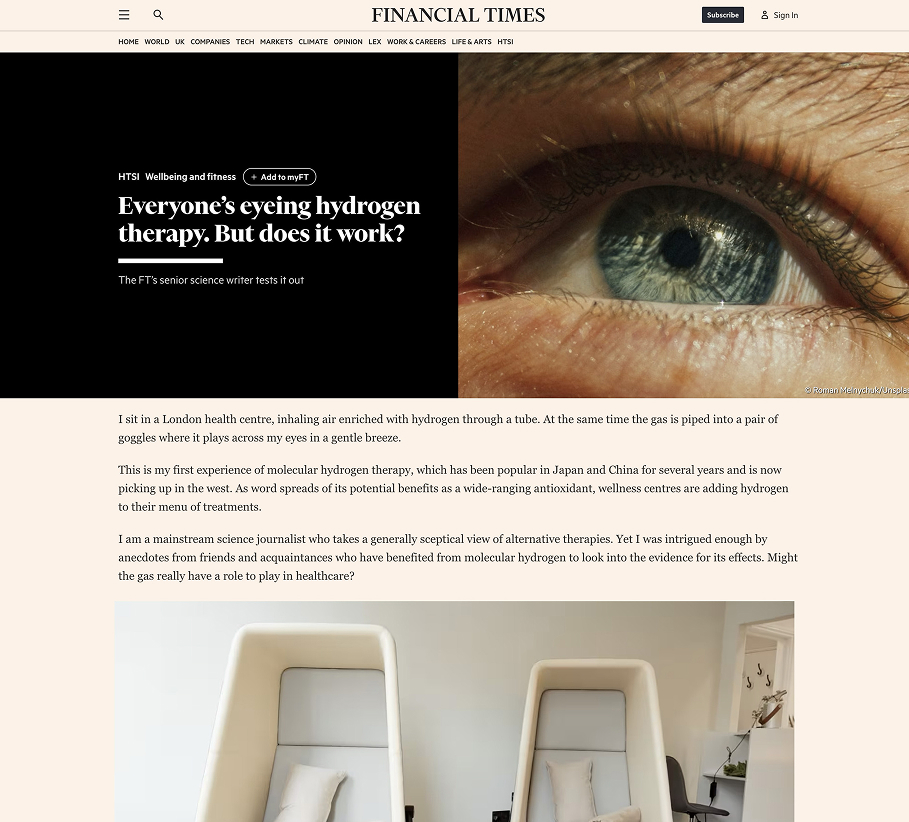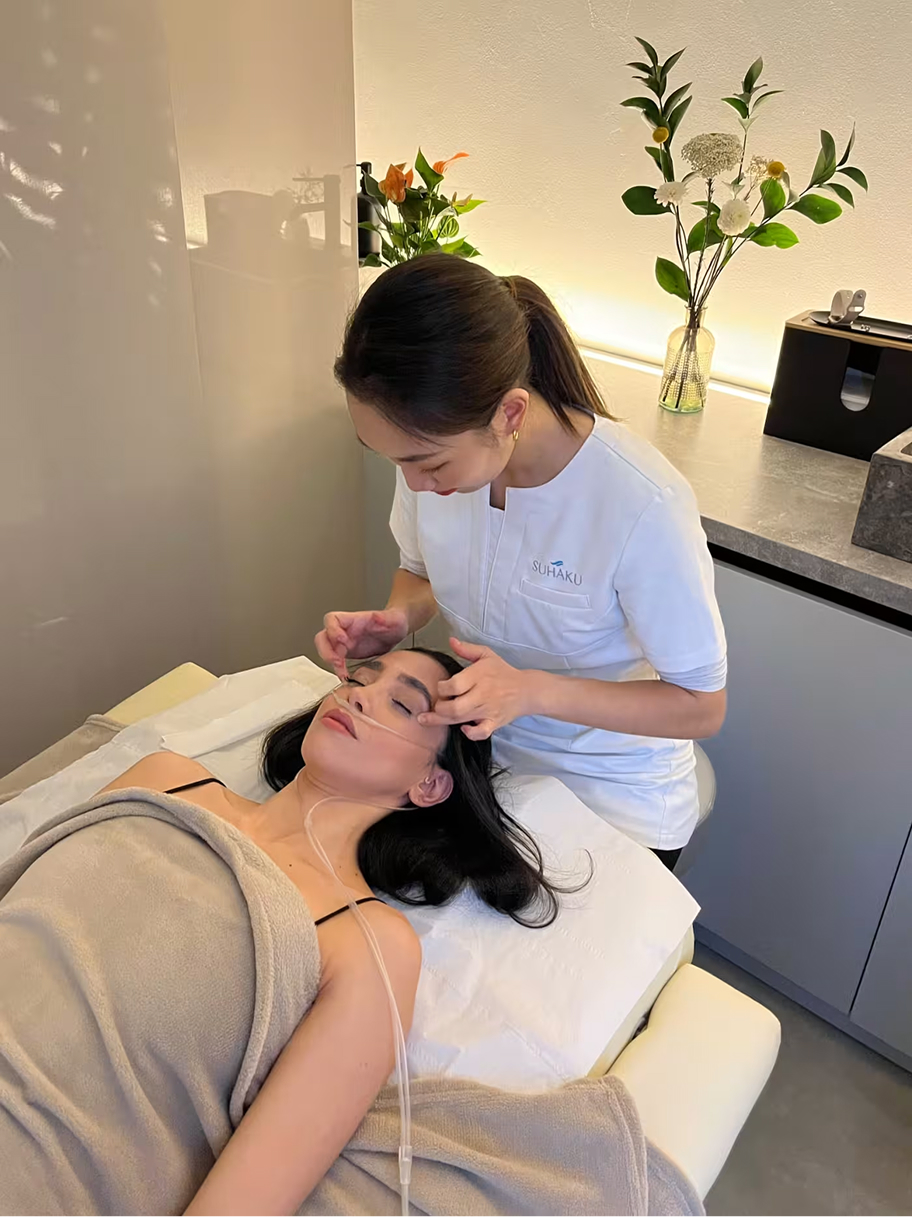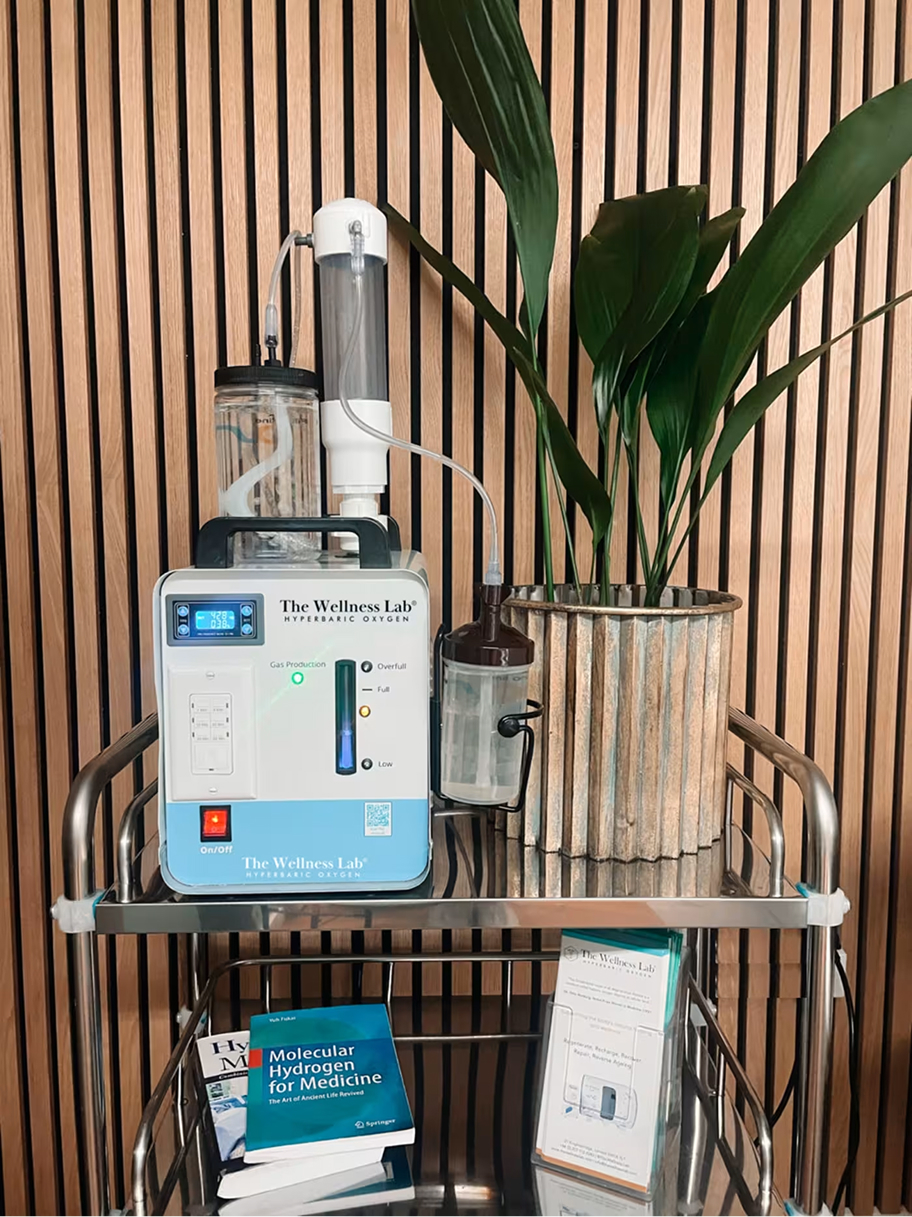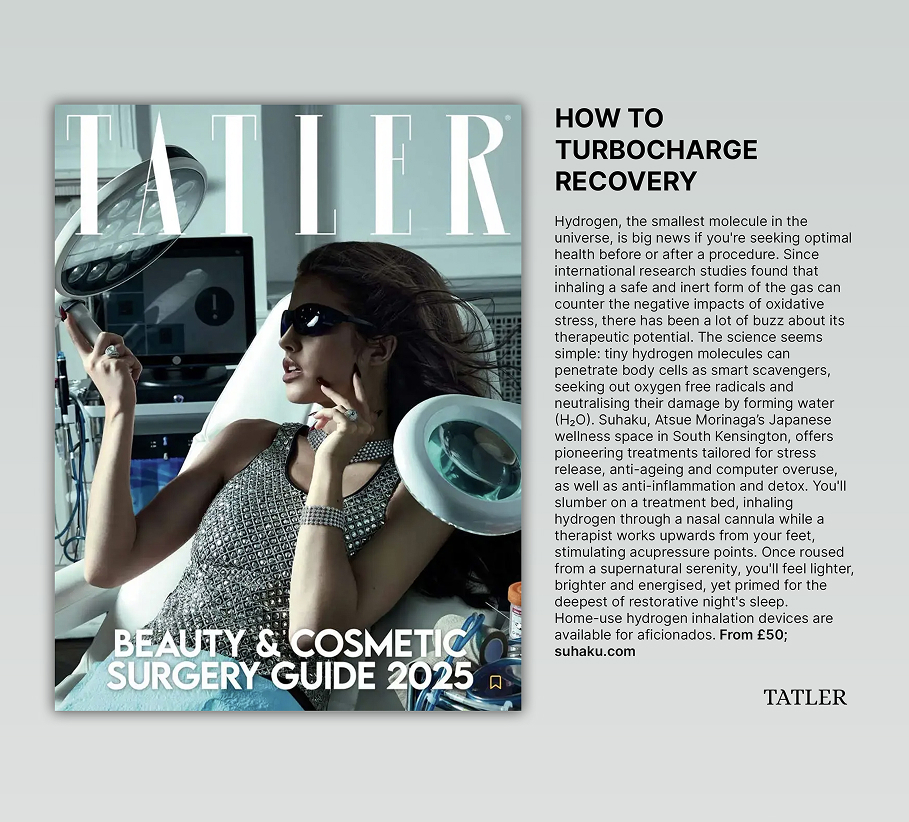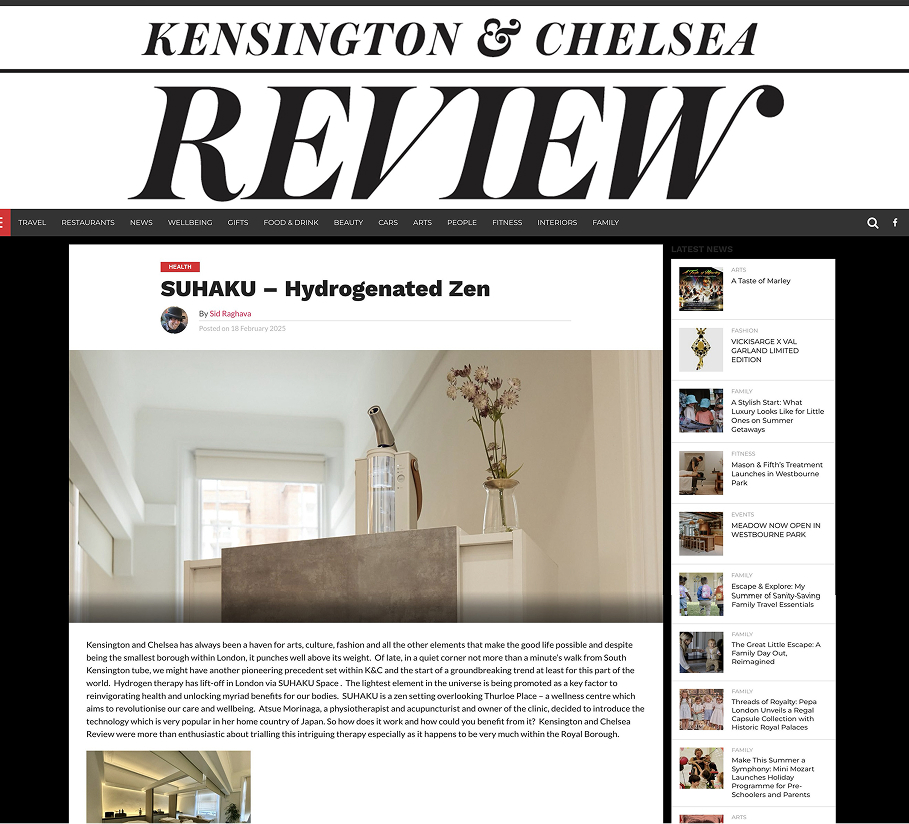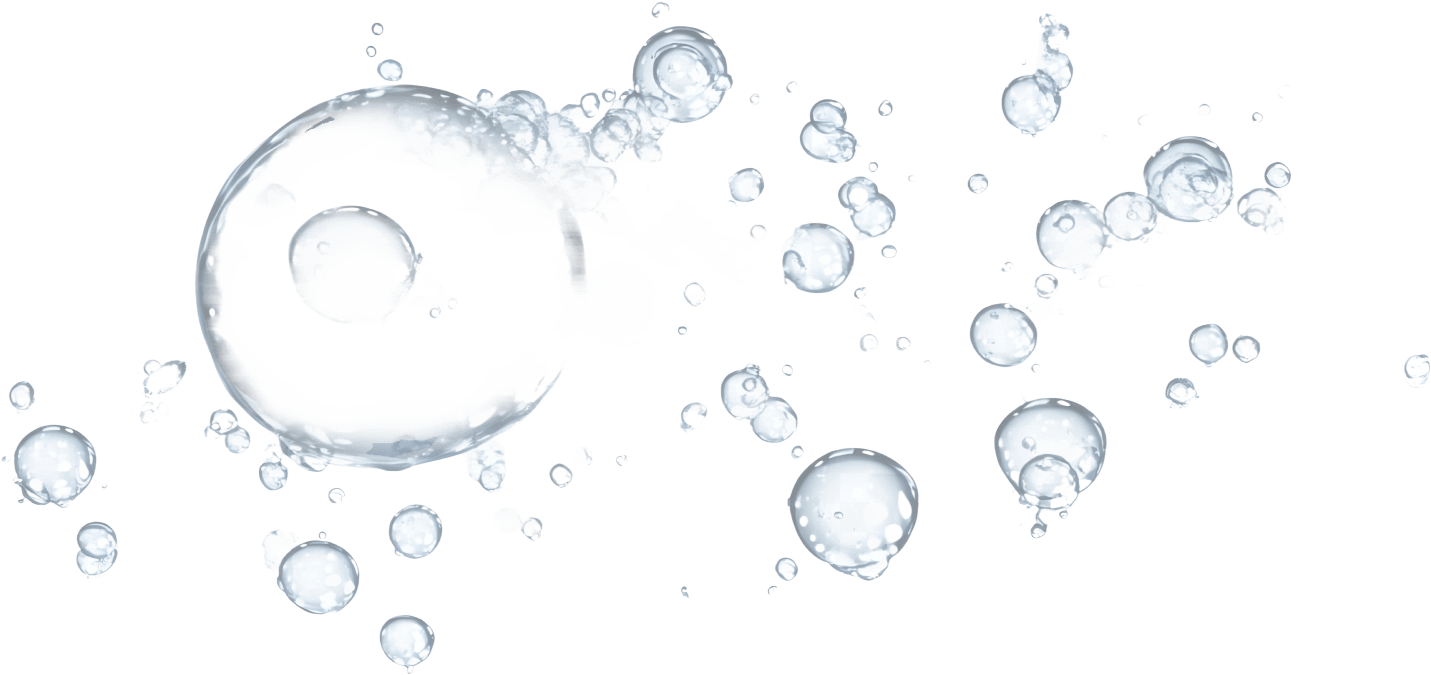Please use the sharing tools found via the share button at the top or side of articles. Copying articles to share with others is a breach of FT.com T&Cs and Copyright Policy. Email [email protected] to buy additional rights. Subscribers may share up to 10 or 20 articles per month using the gift article service. More information can be found at https://www.ft.com/tour. https://www.ft.com/content/58c30135-30e8-498b-9d7c-42605921c12e
I sit in a London health centre, inhaling air enriched with hydrogen through a tube. At the same time the gas is piped into a pair of goggles where it plays across my eyes in a gentle breeze.
This is my first experience of molecular hydrogen therapy, which has been popular in Japan and China for several years and is now picking up in the west. As word spreads of its potential benefits as a wide-ranging antioxidant, wellness centres are adding hydrogen to their menu of treatments.
I am a mainstream science journalist who takes a generally sceptical view of alternative therapies. Yet I was intrigued enough by anecdotes from friends and acquaintances who have benefited from molecular hydrogen to look into the evidence for its effects. Might the gas really have a role to play in healthcare?
